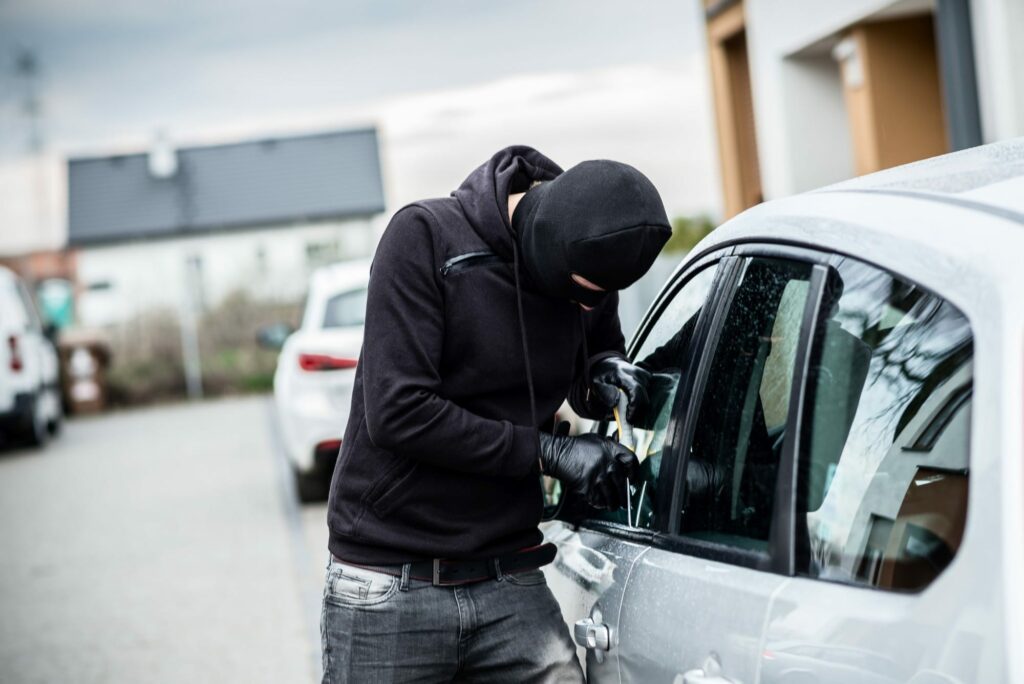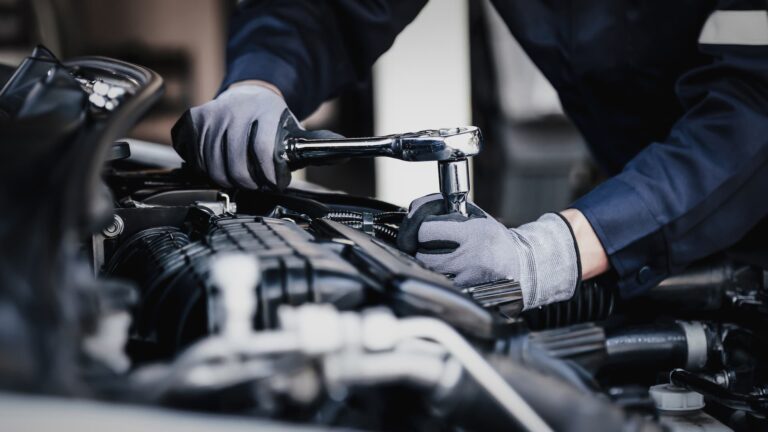How to stay safe as a PHV driver

If you’ve taken the SERU online training course, you will know that section 4 of the PHV driver handbook covers staying safe as a PHV driver.
Aside from this, TfL, in collaboration with the Metropolitan Police Service have created a leaflet specifically tailored for Private Hire and Taxi drivers in London.
This comprehensive leaflet offers practical guidance on ensuring personal safety while working as a driver.
Upon review, we noticed that much of the information covered in the TfL SERU . aligns with the content of this leaflet. While the information provided should be common sense for private hire drivers, a gentle reminder is always valuable.
Let’s break down the key points highlighted in the Stay Safe while Working leaflet:
1. Safeguarding your money and belongings:
a. Avoid leaving cash in easily accessible areas within your vehicle, such as the central console near the gear stick or cupholders.
b. Limit the amount of cash you carry with you.
c. Keep your phone out of reach of passengers, and it’s advisable to note down your IMEI number. This will aid in identifying or blocking your phone if it gets stolen. You can find your phone’s IMEI number by dialing *#06#.
d. In the event of any threat involving a weapon, immediately dial 999 without jeopardizing your personal safety.
2. Ensuring safety while driving:
a. If a passenger requests an abrupt stop or diverts the journey to quieter areas, aim to stop in well-lit locations with other people present.
b. Stay cautious of tactics employed to coax you out of your vehicle, such as asking to adjust seats or access the trunk.
c. If you must leave your vehicle, remember to turn off the ignition and take your keys with you.
3. Useful resources at your disposal:
a. Consider utilizing a lone working device equipped with emergency contact capabilities and monitoring stations. Pressing the alarm will notify someone to provide assistance.
b. Approved TfL CCTV systems can be installed in Private Hire Vehicles, serving as an effective deterrent and aiding in capturing evidence.
c. Explore the option of incorporating a vehicle tracking device, which can assist in locating your vehicle in the event of theft. Some of these devices may even help reduce insurance premiums.
4. Reporting incidents:
a. Always report suspected crimes to the police.
b. For emergencies, dial 999 immediately. Non-emergency incidents can be reported by calling 101.
c. Ensure that you inform your operator, as they are obligated to maintain a record of every booking. If an incident occurs, they can provide the necessary details to TfL or the police for further investigation.
PHV drivers are infrequently targeted by criminals and unfortunately there have been known cases of attacks on drivers. Therefore it is crucial to know what to do to keep yourself safe and where to go to for help.
Stay safe.






